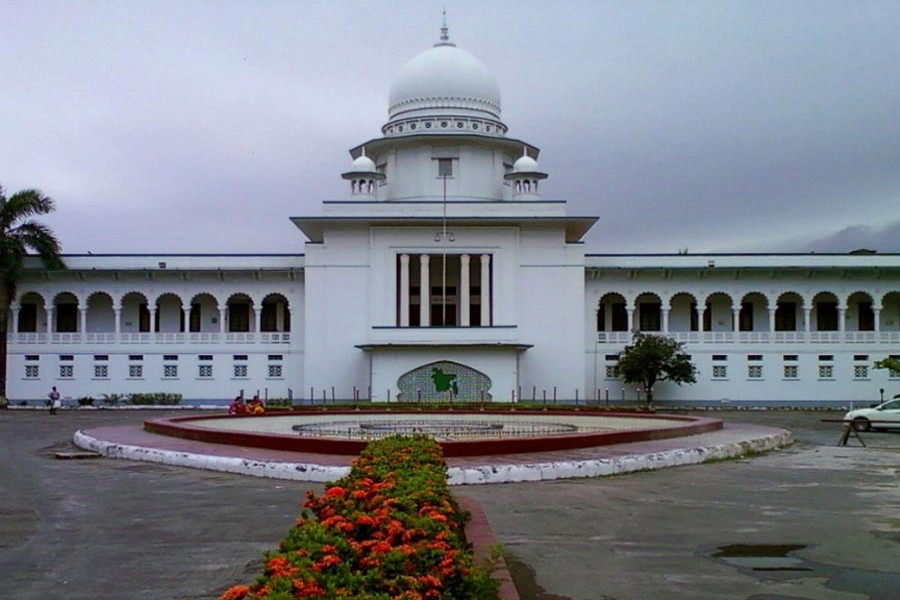In the full text of a verdict, the Appellate Division of the Supreme Court has suggested the need for formulation of a separate rule in order to protect the future interest of the employees who have been appointed under the master roll.
The court said, “In a welfare state of a government by the people and for the people should not return the work-charged employees at the end of the day with empty hand. A political society which has a goal of setting up of a welfare state, should introduce welfare measure wherein benefit is grounded on considerations of state obligation to its citizens who having rendered service during the useful span of life must not be left to penury in their old age.”
It further said, “It is the obligation of the state to take steps so that their lives do not fall in total ruination. For that reason, separate rules are required to be framed for the persons who have been working as work-charged employees, if necessary, for protecting their future interest so that they do not fall in total deserts at the end of their work.”
A five-member bench of the Appellate Division headed by former Chief Justice Syed Mahmud Hossain passed the observation in the verdict after disposing of five separate civil review petitions regarding future benefits of the work-charged employees.
The apex court delivered the short judgment on November 25 in 2021, while the 14-page full text of the verdict released recently.
“After toiling for the benefit of the government and the people of this country continuously for a considerable amount of time, I.e. for 20 or more years, if the government leaves a work-charged employee to face the wrath of unpaid, uncertain and bleak retirement period, and we turn a blind eye to his miserable condition that would be totally unethical and wholly contrary to the constitutional philosophy of socio-economic justice,” the SC judges said in the full text verdict.
The apex court judges also said in the verdict that the work-charged daily wage and contingent paid employees are generally hired for a short time to execute a specific work. But quite a large number of such employees have been working for indefinite time spans stretching over years, they said.
“Since the writ petitioner respondents (work charged employees on master roll under the housing a public works department) have been working for a long time, it shows that the posts they were occupying were permanent in nature and not causal or temporary.
It further indicates that the services of the respondents are not only required but also beneficial to the department.
The persons employed as work-charged employees perform identical functions and discharge their duties as good as men on regular establishment and, therefore, differential treatment to them may be considered as discriminatory dealing with them.
Given the lengths of service actually rendered by them, those posts have to considered to be permanent nature,” the SC said in the full text of the verdict.
“Work-charged employees have not only been deprived of their due emoluments during the period they served on less salary but have also been deprived from the pensionary benefits as if services had not been rendered by them though the government has been benefited by the services rendered by them.
The concept of work-charged employment has been misused by offering the employment on exploitive terms for the work such as regular and perennial in nature. The concept of equality as envisaged in the constitution is a positive concept which cannot be enforced in a negative manner,” the apex court observed in the full text of the verdict.
Lawyer Murad Reza appeared in the court hearing on behalf of the master roll employees, while Attorney General AM Amin Uddin, Additional Attorney General Sk Md Morshed represented the state.


